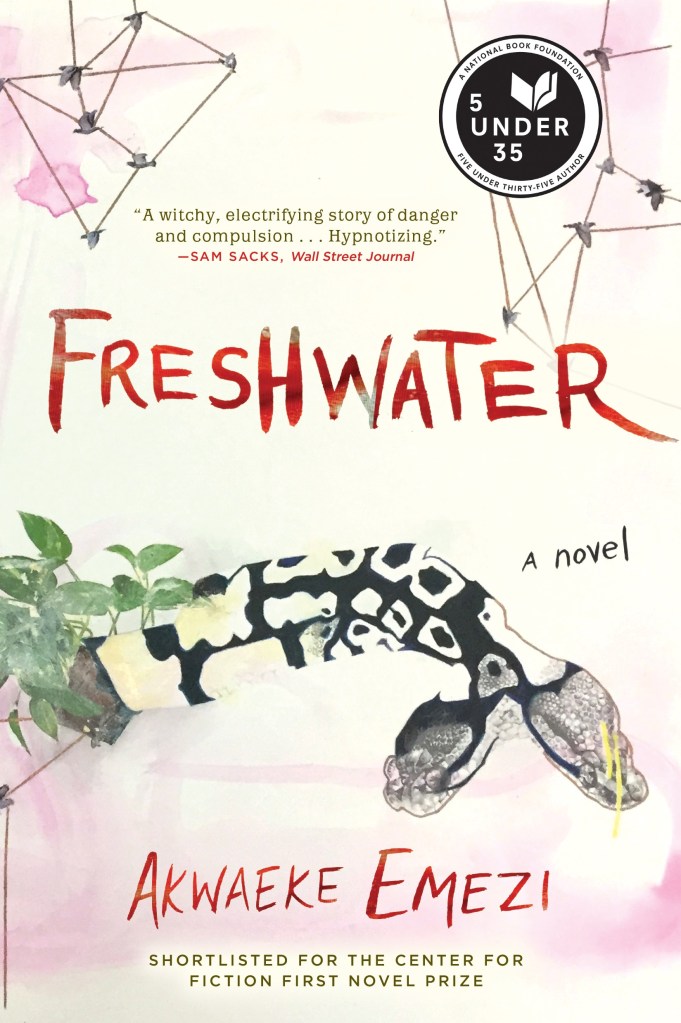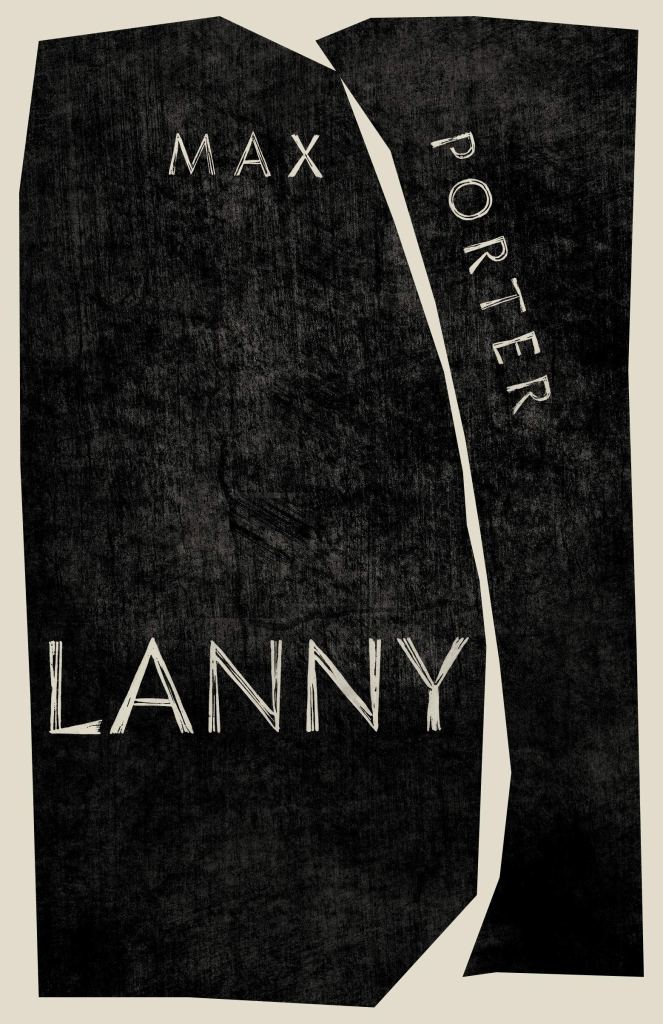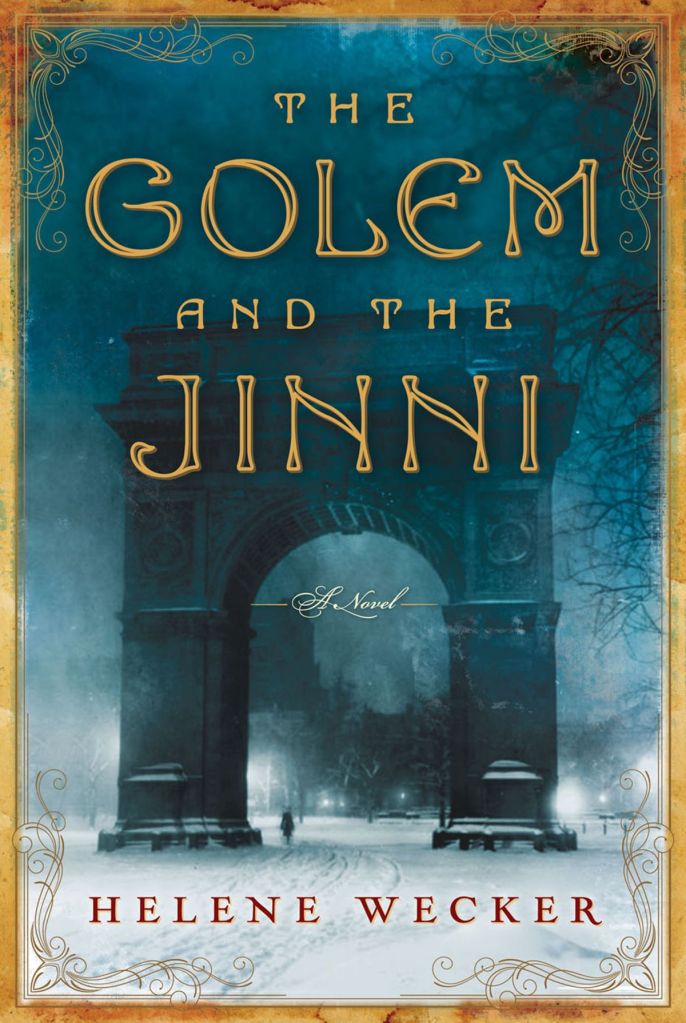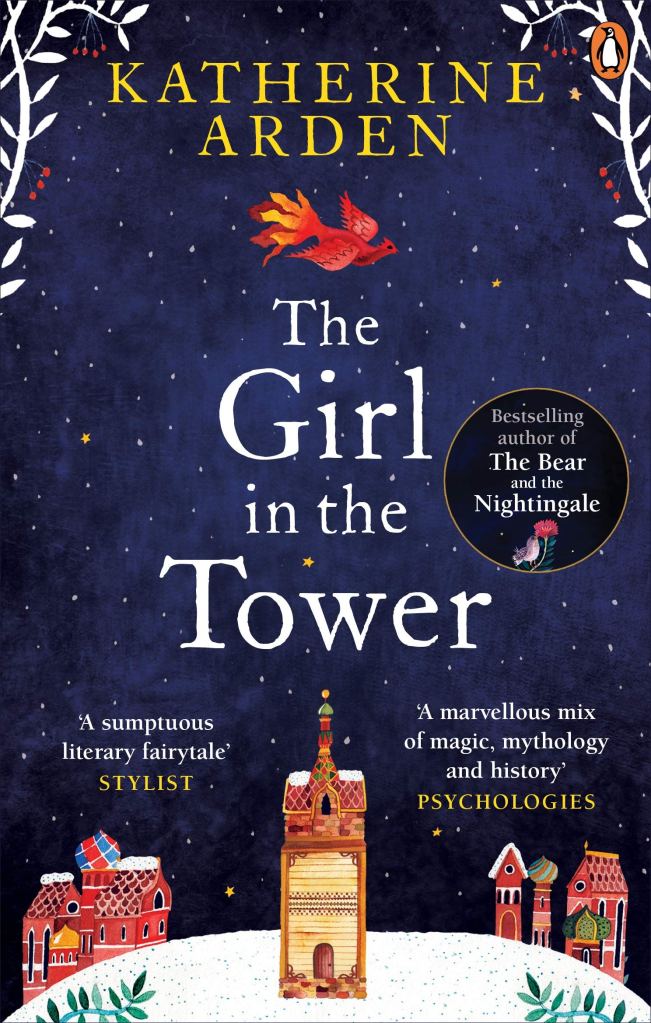This Top 5 series is back! Top Five Saturday is a meme hosted by Devouring Books to discover and share books that all have a common theme. Previously on the blog I have focused on witches, werewolves, thrillers, faeries, fairy tale re-tellings, high fantasy and many more. I am going to try and bring this series back for every Saturday.
PREVIOUS TOP FIVE SATURDAY LISTS:
- 18th January 2020 — Unreliable Narrators
- 25th January 2020 — Books by Favorite Authors
- 1st February 2020 — Dystopian Books
- 8th February 2020 — Mental Illness
- 15th February 2020 — Books about Mermaids
- 22nd February 2020 — Books about Spies (missed 😢)
THE UPCOMING SCHEDULE IS:
- 29th February 2020 — Books inspired by Mythology
Now, having missed spies last week, I really don’t want to miss this one because – and this will come as no surprise to people who read my blog – I really do adore mythology! I grew up on Greek mythology which was only deepened by the Greek tragedy unit at University. But mythology extends so far beyond simply the Greek and Roman mythology so I am going to set those to one side for this list, despite loving The Silence of the Girls by Pat Barker and Circe by Madeline Miller.
The List
American Gods, Neil Gaiman

Name a myth and it is bound to be in American Gods somewhere: Odin dominates this ultimate road trip in the guise of Mr Wednesday but we also spend time with aspects of Egyptian (Thoth and Anubis), Slavic (Czernobog and the Zorya sisters), Ghanaian (Anansi, who Gaiman seemed to love so much he got his own novel!) Germanic, Welsh, Islamic and so many other mythologies… immigrant beliefs and deities brought to America with its immigrant nations.
And the twist in the novel is that our worship of modern technologies and media has forged rival modern gods who threaten the existence of the ancient Gods.
Extraordinary, playful, moving and clever, this is an outstanding novel.
Freshwater, Akwaeke Emezi
Nigerian mythology has always drawn me and I considered including Ben Okri (I adored The Famished Road), Wole Soyinka, Helen Oyeyema… but Emezi is fantastic. Their writing is vibrant and sparkling, unsettling and deeply imbued with Nigerian and Igbo culture. They use that mythology in such a powerful and contemporary way though, exploring the identity issues of identity and gender. And the relationship between Ada and Asụghara – simultaneously a part of and apart from each other – is delicious.
The key mythological image here is of the ọgbanje, the spirit or Godseed, taking root within Ada’s body.

Lanny, Max Porter

Bringing things back homeward, Lanny‘s crowning creation is Dead Papa Toothwort, an ancient Green Man figure, deeply embedded in British mythology: playful, affectionate, dangerous, alien, Dead Papa Toothwort is a Puckish elvish hobgoblin figure informed by Cernunnos, Herne the Hunter and those other Green Man myths.
I could also have selected A Monster Calls by Patrick Ness in this spot: the Monster in that book alludes to exactly the same British mythology.
The Winternight Trilogy, Katharine Arden
Arden’s Winternight trilogy, comprising The Bear and the Nightingale, The Girl in the Tower and The Winter of the Witch is a delicious exploration of a young girl, Vasya’s realisation that her family’s tales of half-forgotten mythologies and legends are actually literally true. Spirits of the hearth, of the rivers, of the stables, of the doorway, of the baths all manifest around her in response to her recognition of them – and Morozko, the frost demon, the God of winter, comes calling for Vasya.
Vasya’s growth from terrified and confused child to confident witch, to an equal of the mythical brothers Morozko and Medved is wonderful; and the depiction of that moment of history between antiquity and modernity, paganism and Christianity, mythology and rationalism is wonderful.
The Golem and the DJinni, Helene Wecker

This was a wonderful read: bringing together the Jewish myth of the Golem and the Arabian Djinn in such a novel way, as part of the immigrant population of a New York approaching the twentieth century.
Issues of alienation and dislocation and immigration are explored through the novel – as well as a tender and delicate friendship between Chava and Ahmad – before a more tense and plot driven conclusion takes hold.
…Hmmm… now I feel the need to re-read this one…
The Tags
Sara @ The Bibliophagist
Alyssa @ A Lovely Book Affair
Mina @ Stacked
Amanda @ Literary Weaponry
I look forward to catching up with your mythology-inspired favourite reads!
Again, a David Mitchell book is an event, and a thing of beauty! But the music industry is not my natural setting and again I was caught between this and another book – Daisy Jones and the Six in this case – and Daisy Jones was read first. This time, because it was nominated on a book club I was part of.
Bonus: The Lies of Locke Lamora, Scott Lynch

They say that the Thorn of Camorr can beat anyone in a fight. They say he steals from the rich and gives to the poor. They say he’s part man, part myth, and mostly street-corner rumor. And they are wrong on every count.
Only averagely tall, slender, and god-awful with a sword, Locke Lamora is the fabled Thorn, and the greatest weapons at his disposal are his wit and cunning. He steals from the rich – they’re the only ones worth stealing from – but the poor can go steal for themselves. What Locke cons, wheedles and tricks into his possession is strictly for him and his band of fellow con-artists and thieves: the Gentleman Bastards.
This one has been on my TBR for years. Literally years. I have heard nothing but praise for it, but so far have never quite got around to reading it! Go figure!
So, there we go: a range of books that I got in 2020 – save for the Scott Lynch – and do regret not reading during the year. Is regret the right word? Probably not to be honest: I do not regret the reading that I did do last year at all. But these are books that I would like to find time to catch up with this year – before prize season hits us again!
Pop in the comments below your thoughts on these – maybe let me know which I should read first!







[…] 29th February 2020 — Books inspired by Mythology […]
LikeLike
[…] 29th February 2020 : Books inspired by Mythology […]
LikeLike
[…] 29th February 2020 : Books inspired by Mythology […]
LikeLike
[…] 29th February 2020 : Books inspired by Mythology […]
LikeLike